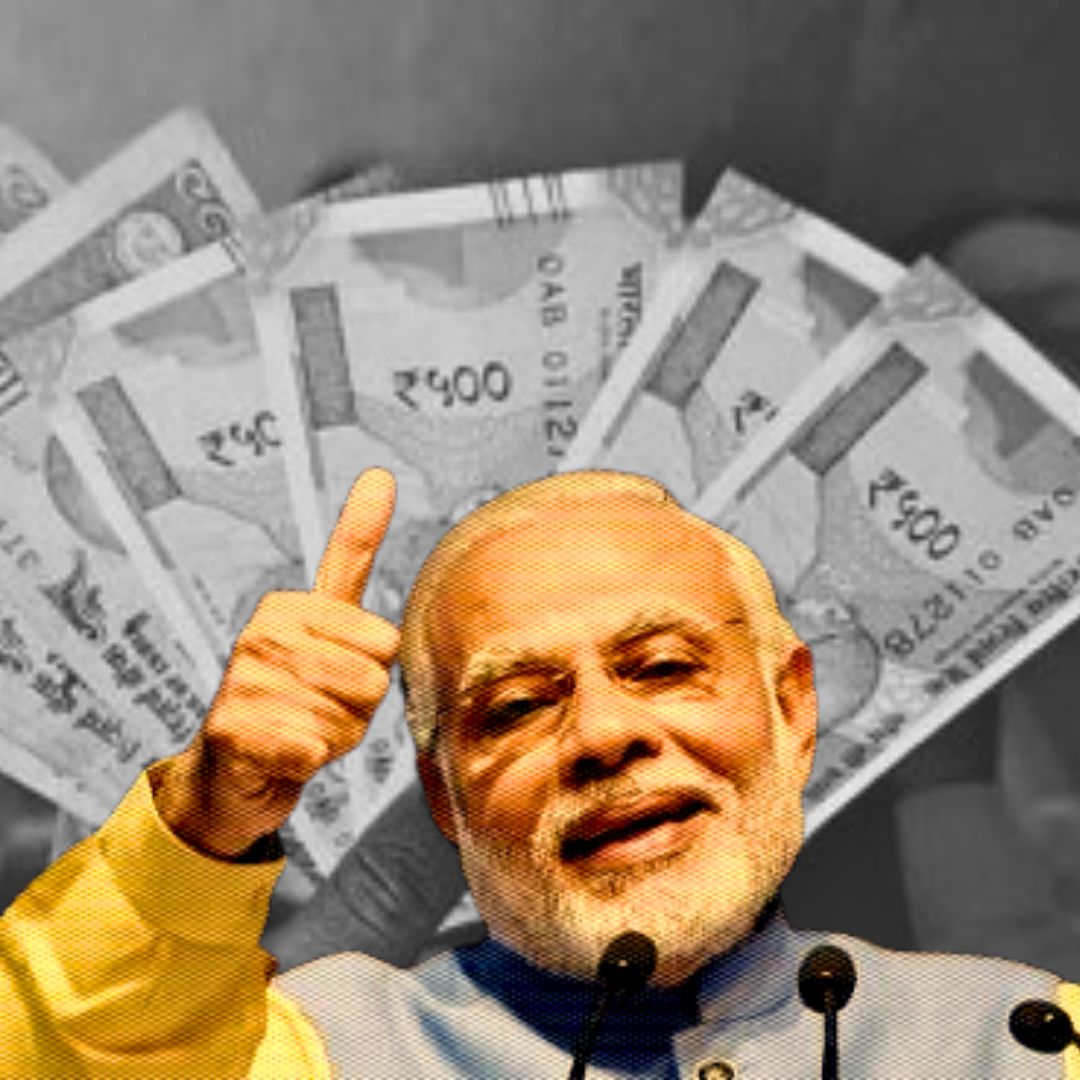On January 16, 2025, the Union Cabinet, chaired by Prime Minister Narendra Modi, officially approved the establishment of the 8th Central Pay Commission, aiming to enhance salaries and benefits for over 1 crore central government employees and pensioners, with implementation expected by January 1, 2026.
Significant Salary Overhaul for Government Employees
In a significant development for government employees, Union Minister Ashwini Vaishnaw announced that the 8th Pay Commission has been approved to address the pressing need for salary and benefit revisions. This commission will focus on revising basic pay, allowances, and pensions while taking into account inflationary trends and current economic conditions. The anticipated changes are expected to provide much-needed financial relief to central government employees and retirees.
What Changes Can We Expect?
The primary focus of the 8th Pay Commission will be on revising salary structures to ensure they align with the rising cost of living. Key aspects include:
- A proposed increase in the minimum wage from ₹18,000 to ₹41,000
- A fitment factor potentially set at 2.28, which would represent a 34.1% salary hike
- Adjustments in Dearness Allowance (DA), projected to reach 70% by January 2026
Vaishnaw emphasized that consultations will be held with various stakeholders to ensure a comprehensive approach to these salary revisions. This collaborative effort aims to align the recommendations with the current financial landscape and address the concerns of government employees.
Timeline for Implementation
The 8th Pay Commission is expected to be constituted by early 2026, following the conclusion of the 7th Pay Commission’s term in December 2025. Historically, these commissions are established every ten years to adapt to evolving economic conditions. The previous commission’s recommendations were implemented on January 1, 2016.
Why Is This Important?
The establishment of the 8th Pay Commission marks a crucial step in maintaining employee morale and ensuring that compensation keeps pace with inflation. The anticipated revisions are likely to enhance financial security for both active employees and retirees. As discussions unfold regarding the specifics of the commission’s recommendations, government employees eagerly await further details on how these changes will directly benefit them.
The Logical Indian’s Perspective
This landmark decision reflects a commitment from the government to recognize and support its workforce amidst rising living costs and economic challenges. By establishing the 8th Pay Commission ahead of schedule, the government demonstrates its proactive approach in addressing employee welfare. It is essential that these revisions not only enhance salaries but also consider broader economic implications such as consumer spending and overall economic growth.
How will these changes impact not just government employees but also their families and communities? We encourage our readers to share their thoughts on this pivotal initiative.
We are all proud of the efforts of all Government employees, who work to build a Viksit Bharat. The Cabinet's decision on the 8th Pay Commission will improve quality of life and give a boost to consumption. https://t.co/4DCa5skxNG
— Narendra Modi (@narendramodi) January 16, 2025













